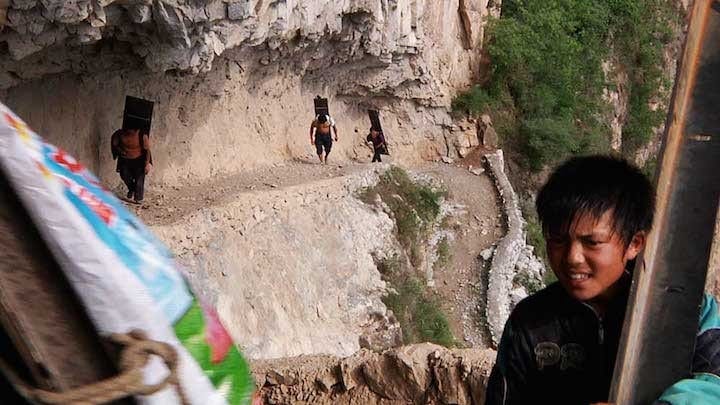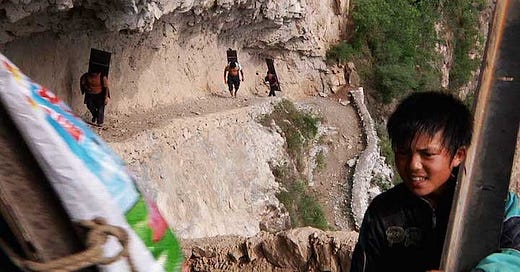‘On the Rim of the Sky’ Finds a Riveting Story in a Remote Corner of China

Gulu Village is a very remote place. High up in the mountains of Sichuan, China, it is both beautiful and elusive, though not quite as cut off from the world as it once was. Much of the village used to be accessible only by ladders, tenuously affixed to the cliffs. A 2004 mule path has made them obsolete, but the trip is still hardly a perfectly safe on…
Keep reading with a 7-day free trial
Subscribe to Nonfics to keep reading this post and get 7 days of free access to the full post archives.



